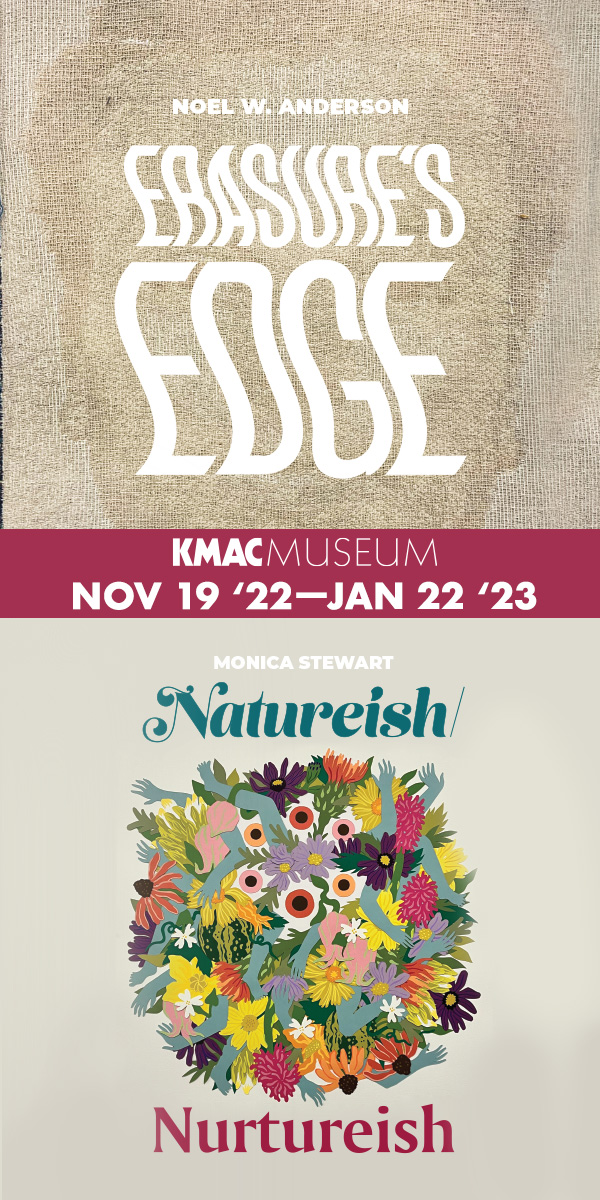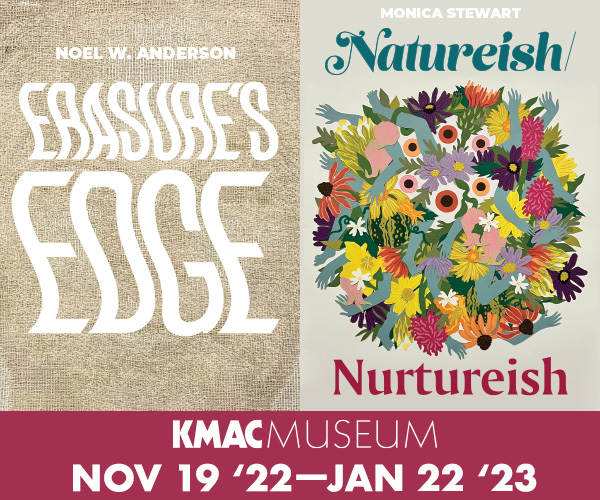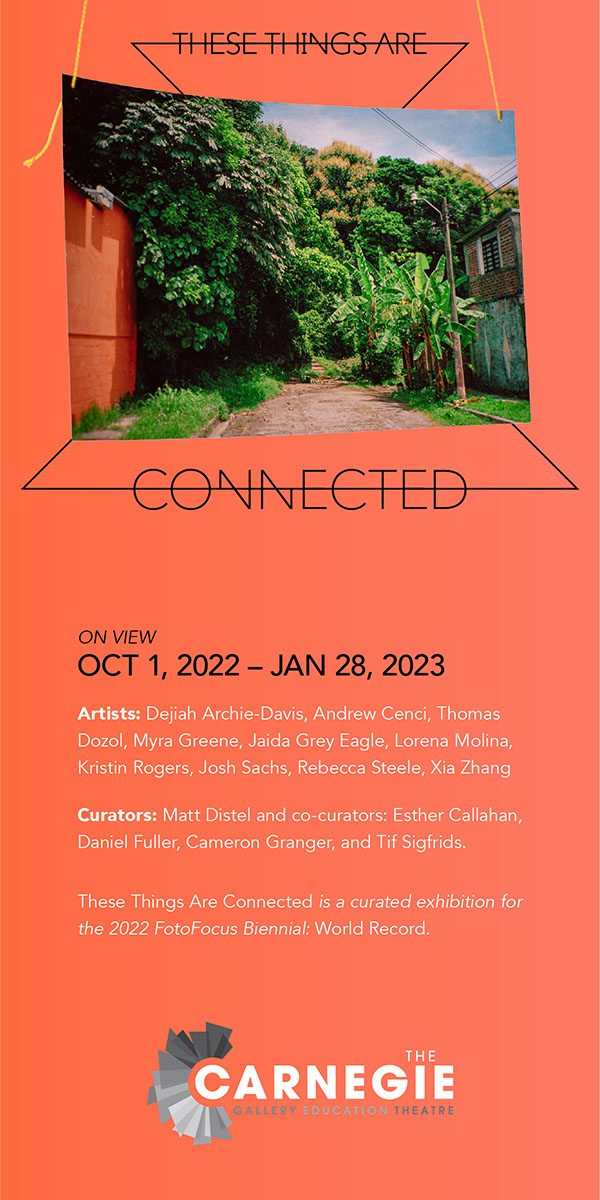Silas House was honored – and a bit amused – to be named one of this year’s two winners of the Duggins Prize for Outstanding Mid-Career Novelist. The $5,000 prize, given by Lambda Literary, is the nation’s biggest award for LGBTQ writers.
What amused House was that he turned 51 on August 7.
“I just think it’s funny to be 51 and get a mid-career award,†he said in an interview. “I hope I live to be 102. My problem is that I’ve always had too many ideas and not enough time. I have a lot of stories left to tell, but I don’t know how long I have to tell them all.â€
House is about to publish his seventh novel and has finished an eighth. Over the past two decades, he also has become an accomplished playwright, essayist, non-fiction author, music journalist, film producer, teacher, editor, and social activist.
House, who was born in Corbin and grew up in Laurel County, has become a leading literary figure in Kentucky, Appalachia, and the South. He teaches at Berea College, where he is the NEH Chair of Appalachian Studies. He and his husband, essayist and editor Jason Kyle Howard, live in Lexington.
House’s new novel, Lark Ascending (Algonquin Books, $27), marks a shift in his career that could lead to more national attention. When the book goes on sale September 27, House will begin a 24-city publicity tour at Lexington’s Joseph-Beth Booksellers that will take him from New York to California, Texas to Minnesota.
Unlike his previous books, which were set in Appalachia or the South, most of this story takes place in Ireland. And what a story it is. Lark Ascending is a dystopian novel that happens in the near future, two or three decades from now. Wildfires, floods, and cataclysmic storms caused by climate change have reduced human society to chaos. Governments have been taken over by violent insurrectionists and religious zealots.
After hiding in the Maine woods for several years, Lark and his family make their way to Canada and board a rickety boat filled with refugees hoping to find sanctuary in Ireland. After a brutal, deadly voyage, Lark is the only member of his family alive. He begins a dangerous walk across Ireland, accompanied by a stray dog and an Irish woman he may or may not be able to trust. They hope to find peace and a new life in one of Ireland’s mystical ancient places, Glendalough.
This is an epic tale, yet it is House’s shortest novel. It is a fast-paced story, told in vivid, lyrical prose. The book is deeply disturbing, perhaps because its scenario seems less far-fetched by the day. But, like House’s previous novels, humanity and hope are at its core.
“The book grew out of deep grief,†House said. “Deep personal grief, but also deep global grief. I started the book after my aunt died, and it was just such a devastating loss for me. For the first 35 years of my life, I never lived more than a mile from her. I had never lost anyone that close to me.â€
“The only way I’ve ever gotten through anything is to write my way through it,†he said. “The main character is suffering tremendous grief because I was suffering tremendous grief. Writers are always told to write what you know. Well, that’s what I knew best at that time. And so I dug in deep on it. At the same time, I was experiencing a grief in communion with a lot of people in that we felt like we were losing our country. I still feel that way. I’m still grieving that.â€
House said former President Donald Trump’s election in 2016 unleashed a lot of ugliness in society.
“It would have been much easier if we had only seen it happening to monsters,†he said. “But it happened to people that we know to be good people who are on board with some of this stuff. So I was writing out of that grief, too.â€
In some ways, House said he modeled this adventure story on Robert Louis Stevenson’s classics, especially Kidnapped. But there was one significant difference. What keeps Lark going on his journey are memories of his two-year love affair with Arlo, whose family was hiding with his in the Maine woods.
“I wanted to write a really tender gay love story because most of the love stories about gay men are very violent. It’s such a cliché,†House said. “I don’t know of an adventure story that has a gay man as the hero. But that’s also why I wanted to write it.â€
Talking about this novel, House revealed a lot about his creative process.
“I wanted to write about a young man walking across Ireland, but I needed a scenario,†he said. “Walking is such an important part of my creative process. I’ve been to Ireland several times, but one time in particular, a few years ago, I walked pretty much the entire route that Lark walks in the book. At one point on that, this little dog followed me for a good couple of miles. It was just like he wanted to have some company, and he thought I wanted to have some company. That just stuck with me. That was the seed of the book. A lot of my creative process with a novel is one thing leads to another. So you ask, why is he walking? If you ask enough questions you have a novel.â€
While this book may be different in location and circumstance, it shares much with House’s previous novels.
“I have always written about the natural world and the environment,†he said. “And I’ve always written about family issues. Most of the book is about Lark creating a new family for himself. So, thematically, it is very similar to what I’ve always written. I’ve always written about injustice, and Lark thinks a lot about that in this book.â€
And, of course, there’s a strong canine character, modeled after his own beagle Ari.
“I think readers mostly want a story of trouble,†House said. “We want to read about somebody who’s up against obstacles, and we want to be rooting for them. But we also don’t want to become so mired down in the darkness that it’s just depressing. Serious stuff is going on, so you want it to strike a serious tone. But you also want it to have not only light, but some lightness. So having an animal as one of the characters provides some of that. When you start reading about a dog it just makes you happier.â€
House wants readers to take away several messages from this book.
“I want them to be more concerned about the climate crisis, and to realize that, on one hand, we’ve waited too late but, on the other hand, we can still do some things that will help generations to come,†he said. “I want them to think about how easy it is to slide into theocracy, and how easy it would be for these insurrectionists to take over. I want them to spend time with a lead gay character and realize that’s just one facet of who he is.â€
For more on Lark Ascending, listen to my interview with Silas House for WEKU’s Eastern Standard.
House said he has finished another novel “that I can’t talk about for complicated reasons.†But, for now, he is taking a break.
“This is the first time in about 25 years that I am not actively writing a book,†he said. “In a way, it’s killing me not to and freaking me out not to, and in another way, I really need to rest my brain. I’m going to spend the next nine months just reading and spending time with people I love and my dog. I’ll be thinking about projects, but I’ll try not to be actively immersed in a project. I don’t know if I’m going to be able to do it or not.â€
House hopes to come out of that break rested, energized, and ready to grow.
“I feel like I grow as a writer with each book I write. I hope so,†he said. “I see some writers who I feel aren’t doing that. I feel like a lot of the bigger writers in our culture are sort of regurgitating stories and not becoming better. I feel lucky that I’ve been what is called a mid-list author … a writer whose books are widely read but do not have these huge sales that put tremendous pressure on you to deliver that same thing again and again and again … so that it takes over the writing itself.â€
This is the second in a series of profiles of Kentucky authors supported by a grant from Kentucky Humanities. See also Kim Kobersmith’s profile of Bobi Conn.




